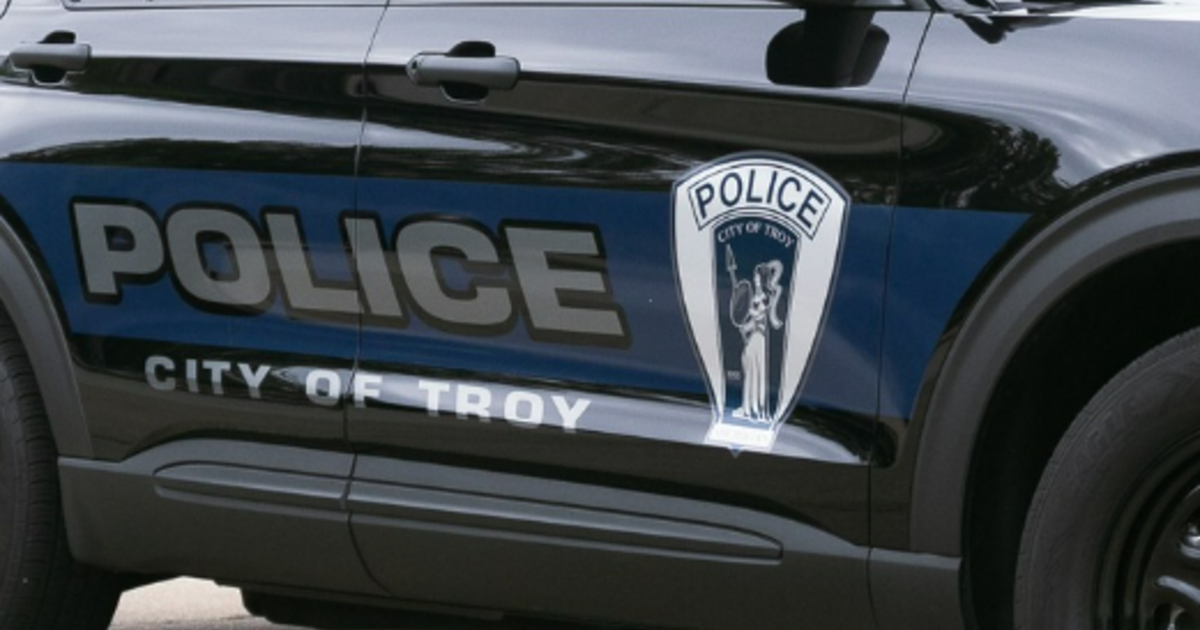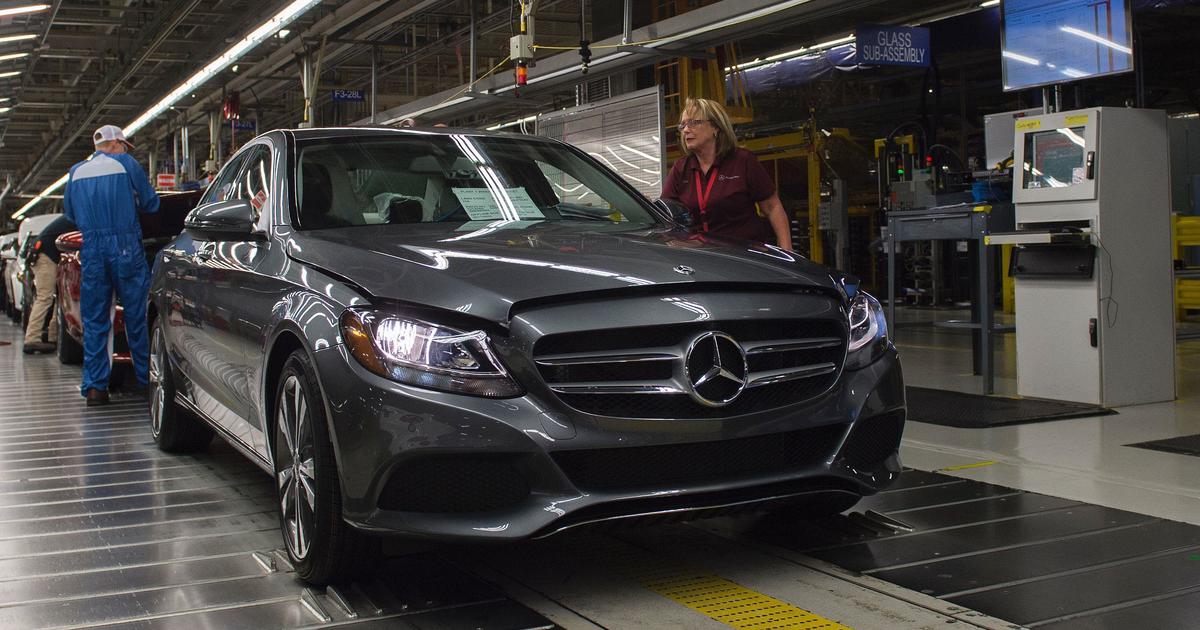Electric Car Battery Catches Fire After Crash Test
WASHINGTON (AP) - A Chevrolet Volt that caught fire three weeks after its lithium-ion battery was damaged in a government crash test has regulators taking a harder look at the safety of electric car batteries, federal officials said Friday.
But based on testing so far, regulators believe the batteries are safe and don't pose a greater fire risk than gasoline-powered engines, a National Highway Traffic Safety Administration official told The Associated Press. The official requested anonymity in order to speak freely.
The car that caught fire was tested May 12 by an agency contractor at a Wisconsin facility using a relatively new side-impact test intended to replicate crashing into a pole or a tree, the official said. Three weeks later, while the car was parked at the test facility, it caught fire. A NHTSA investigation concluded the crash test damaged the battery, which later led to the fire.
Lithium-ion batteries, which are used in a vast array of consumer electronics, have a history of sometimes catching fire when damaged.
GM spokesman Greg Martin said the test did not follow procedures developed by GM engineers for handling the Volt after a crash. The engineers tested the Volt's battery pack for more than 300,000 hours to come up with the procedures, which include discharge and disposal of the battery pack, he said.
"Had those protocols been followed after this test, this incident would not have occurred," he said.
Martin said the Volt is safe.
After the Volt fire, NHTSA and General Motors each replicated the crash test and waited three weeks, but in neither case did the cars catch fire, officials said. Nor were the cars' batteries damaged in those tests, officials said.
The NHTSA official said the agency has been unable to explain why the Volt's battery was damaged in one test but not in two others conducted in exactly the same manner. NHTSA, along with the Department of Energy, is continuing to test Volt batteries and monitor cars already in use. Government and GM officials said they are unaware of any similar fires among the 5,000 Volts now on the road.
The Volt can travel about 35 miles on battery power. After that, a small gasoline engine generates power to run the car's electric motor.
NHTSA is also asking manufacturers who currently have electric cars on the market, or who plan to introduce electric vehicles in the near future, for information on what procedures they have established for discharging and handling batteries, including recommendations for reducing fire risks.
"NHTSA is focused on identifying the best ways to ensure that consumers and emergency responders are aware of any risks they may encounter in electric vehicles in post-crash situations," the agency said in a statement.
"Ultimately, we hope the information we gather will lay the groundwork for detailed guidance for first-responders and tow truck operators for use in their work responding to incidents involving these vehicles," the agency said.
In the event of a crash, NHTSA's advice to consumers is to do the same thing they would do in a gasoline-powered car - get out of the vehicle and move a safe distance away. The agency also recommends against storing a severely damaged electric car in a garage or near other vehicles.
Lithium-ion batteries have been the subject of several recalls of consumer electronics. Millions of laptop batteries made by Sony Corp. for Apple Inc., Dell Inc., Lenovo Group Ltd. and other PC makers were recalled in 2006 and 2007 after it was discovered that they could overheat and ignite.
(© Copyright 2011 The Associated Press. All Rights Reserved. This material may not be published, broadcast, rewritten or redistributed.)



